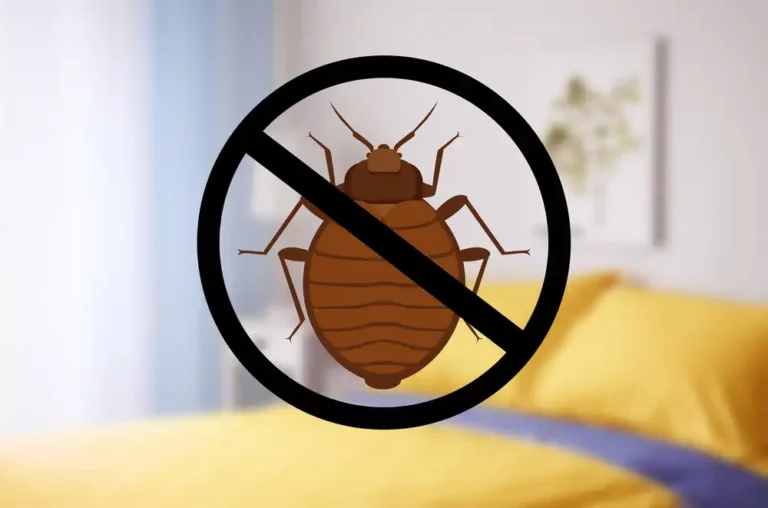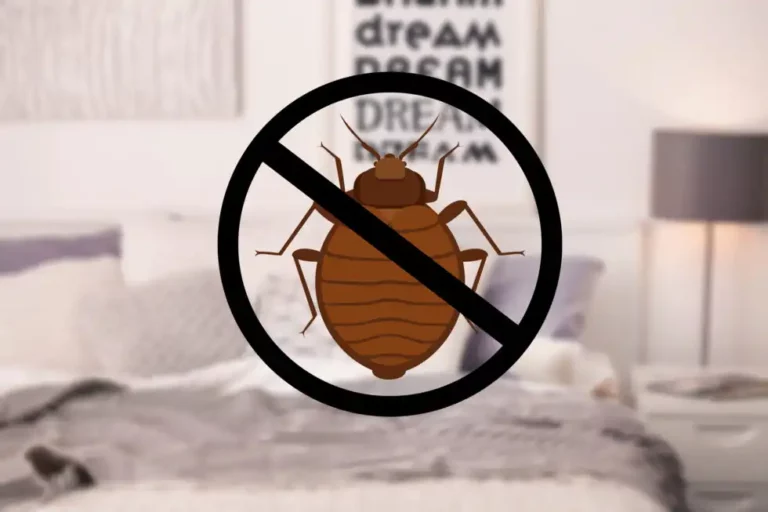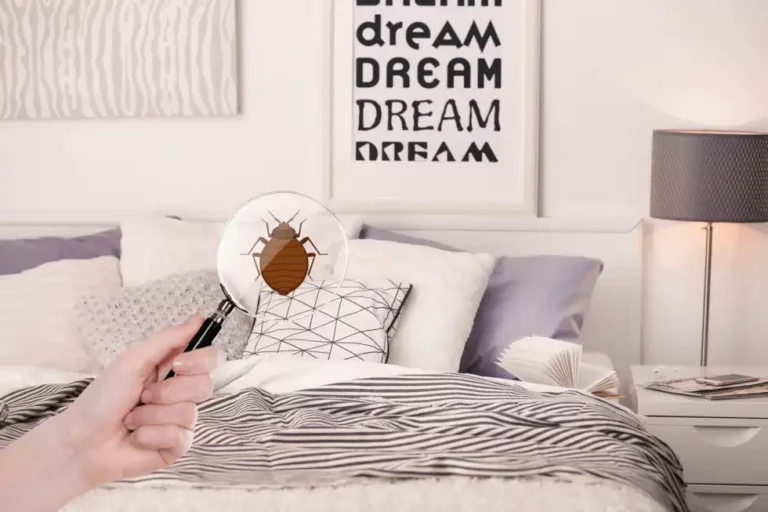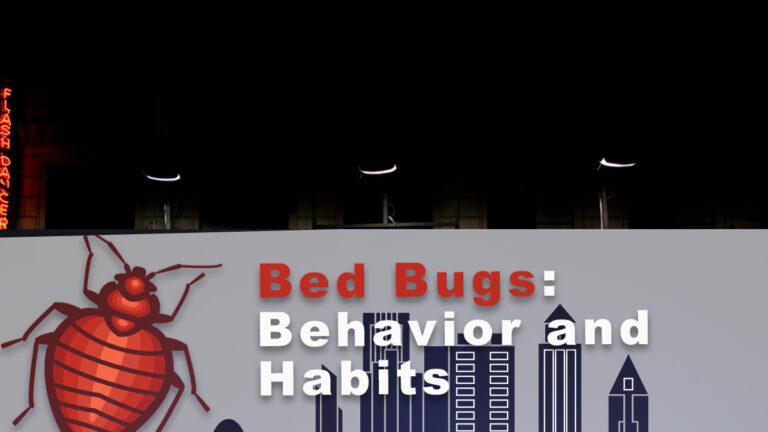Things Every Family Should Know About Bed Bugs
Bed bugs are tiny parasite insects that only consume the blood of other warm-blooded animals. Other than Antarctica, they can be found anywhere. Due to their lack of fur or feathers, bed bugs are typically hard to see during the day. Bed bugs are only active at night. They can hide in the furnishings, beds, and other possessions of your home while watching for an opportunity to bite you while you’re asleep. If you think you have a bedbug infestation, follow these steps before calling a professional:
Bed bugs are usually found in warm, dark places.
Along with fractures and crevices in the bed frame, bed bugs are also known to reside in mattress seams. Box springs, headboards, and footboards all contain them. Although some people believe bed bugs feed on human blood, in reality, they consume human skin cells. In addition to upholstered furniture, baseboards, moldings, carpeting, flooring, window frames, and even electrical outlets, bed bugs can be found hiding in mattresses and box springs.
Bed bugs can live for up to a year without food.
Without sustenance, bed bugs can survive for up to a year, and sometimes even longer. This is due to the fact that they don’t need it, thus they have no need to go out and look for food when it’s not available. It shouldn’t be difficult for you to get rid of these pests permanently if you maintain your home clean (and clutter-free) because they only feed if a host comes into contact with the female bed bug, who needs nutrition to produce eggs.
Bed bugs bite at night.
Bed bugs are nocturnal, which means they prefer to bite people who are asleep. They can also be found on furniture and other objects that come into contact with the skin when you’re not around. Because of this, bed bugs tend to bite at night and during the day is rare.
You’ll usually notice bed bug bites the next day.
Bites from bed bugs are frequently confused for mosquito bites. Bed bugs leave bite marks that appear in lines or clusters, unlike other insects that have a similar appearance and can also cause uncomfortable rashes.
Bed bug bites typically take 3 to 7 days to manifest and last for around 4 days before they heal naturally. When an egg matures inside you, you’ll experience an itchy, red lump the size of a pea appearing beneath the skin (about 7 days after being bitten). These pimples will exude pus with tiny, dark spots inside that resemble grains of rice or sand if you scratch them and break through them (this is your blood).
Because they all have little, hair-covered legs, long, thin bodies, flat heads, and no antennae like bees, fleas, ticks, mites, and other insects can all be mistaken for bed bugs. Of course, size is the only true distinction between the two varieties.
Bed bugs reproduce quickly.
Bed bugs procreate rapidly. In their lifetime, adult bed bugs can lay up to 500 eggs, and those eggs hatch within 10 days. The immature nymphs then go through five stages, the first four of which are molting (shedding) times, before becoming adults. They will be smaller than adult females after molting and have white or translucent wings with a dark mark close to each wingtip where it connects to their backs (the other side of their bodies).
Bed bugs can survive up to 2 weeks without feeding on humans.
Bed bugs can survive up to 2 weeks without feeding on humans, but they don’t have a lot of energy. It is common for them to only feed once every few days before they die.
Bed bugs will also go into hiding during periods of cooler weather or when food sources are scarce, so it’s best to check your home regularly during these times as well. If you notice any signs that bed bugs may have been in your home recently—such as reddish-brown stains on walls or furniture—it’s time for an inspection!
Why do I need to take precautions?
Bed bugs can spread to other rooms, and they may even come into contact with other people. They can bite anyone, but they tend to prefer sleeping on the backs of people’s heads or necks.
Bed bugs are also known for causing allergic reactions in people who have been bitten by them. This can cause skin infections like rashes or welts that itch severely; itchy welts are a sign that you have an allergic reaction too!
If you think your child has bed bug bites or if there are signs that he/she might have had them in the past (which includes having unexplained rashes), talk to his primary doctor about getting tested for these parasites so that we can confirm whether or not he/she is infected before going through any treatment options available today.
How can I prevent an infestation?
Because bed bugs are difficult to eradicate, it is critical to take safeguards against an infestation. Here are some pointers:
- Maintain the cleanliness of the home. A clean environment is the best barrier against bed bugs since they prefer hidden, dark areas where they may hide and feed on the blood of their hosts. If the areas near your bed aren’t cluttered or messy, it will be more difficult for them to hide when it’s feeding time.
- Everything should be dried out. If you keep clothing away from beds, there will be no damp areas where bed bugs can breed covertly! But you already know what will happen if these things aren’t cleaned on a regular basis, don’t you?
How can I eliminate an infestation if it happens?
- Spray bed insect repellent on all potential hiding places. Any bed bugs and their eggs that might be in the area will be killed by this.
- Use a trap you’ve set up in the space you think they’re hiding in (or multiple traps if possible). However, these kinds of setups aren’t always successful because some people don’t react well to the chemical smell of traps or experience skin irritation after being sprayed with poison while sleeping nearby their homes because they’re not used to living near such things during normal times and would therefore never know what was going on until it was already too late! The best traps use pheromone lures to lure them into the trap instead of using pesticides or other chemicals; however, these types of setups aren’t.
- If you want to eliminate them quickly, you can always trust and try bed bug treatment in Richmond.
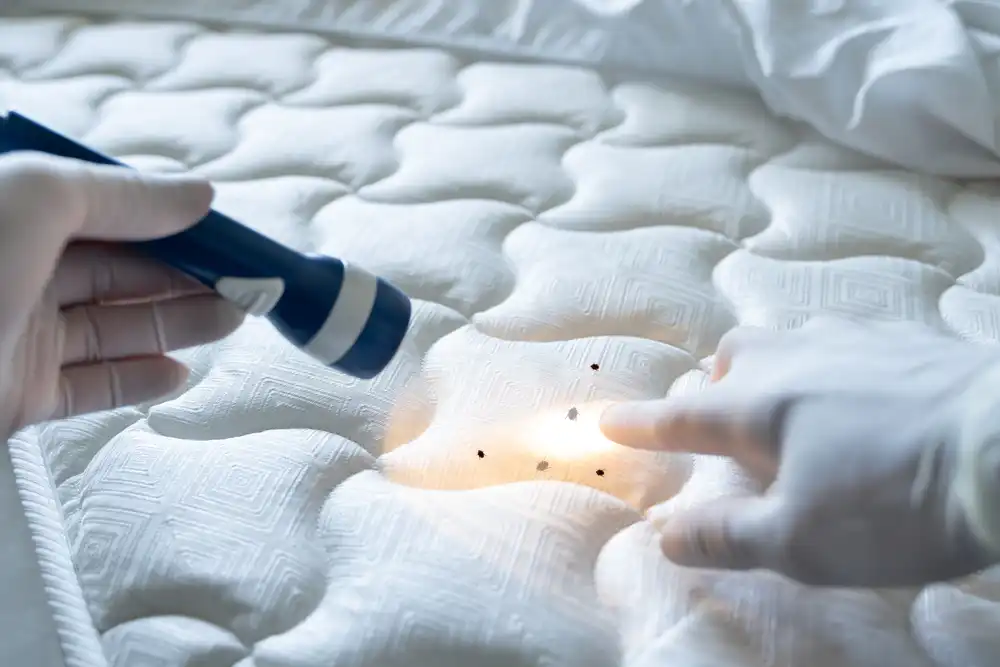
Enjoy your bed time like never before
Although bed bug bites can itch and irritate the skin, they are not known to transmit diseases.
One of the many pests that could be a problem in your house or place of business is bed bugs. What every household should know about bed bugs, if you suspect you have them, is as follows:
- Bed bugs only consume human blood for about four days at a time before getting too ill or disappearing entirely. They do not spread disease. Additionally, if they aren’t continuously fed by eating humans over time, they will perish.
- Because bed bugs love warm environments, they frequently hide in dim areas like mattresses where we lie on our backs at night.
Bed bugs can seriously harm your property, which is an increasing issue for homeowners. If you suspect you have bed bugs in your house, contact professional and affordable bed bug exterminators in Richmond, CA who can treat them and keep them from returning.



